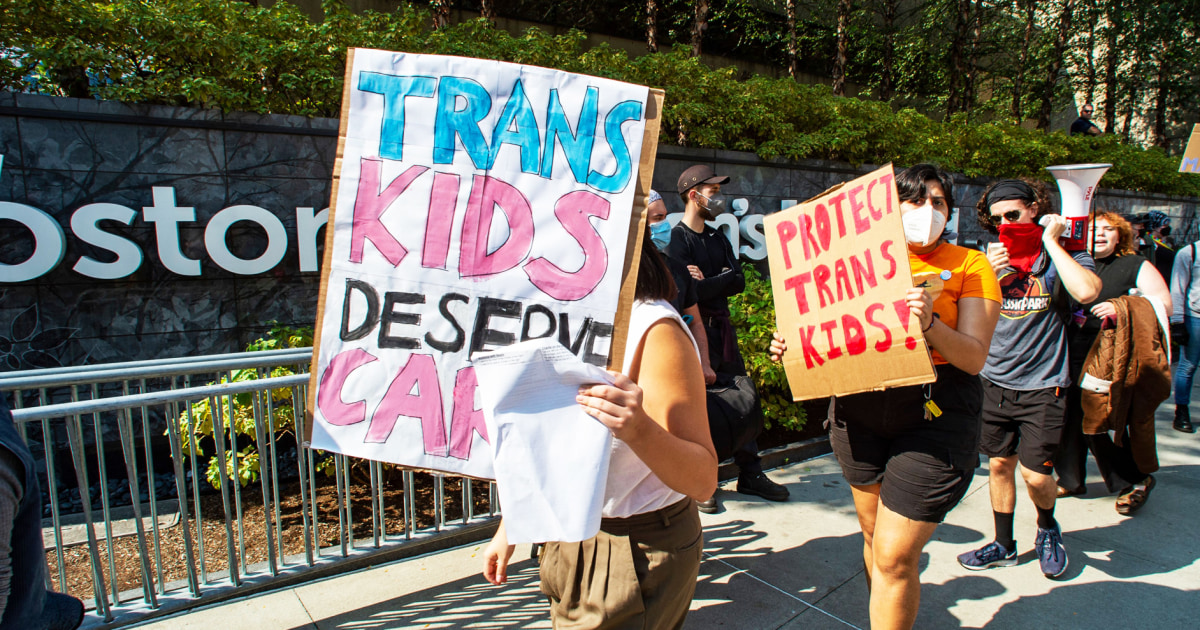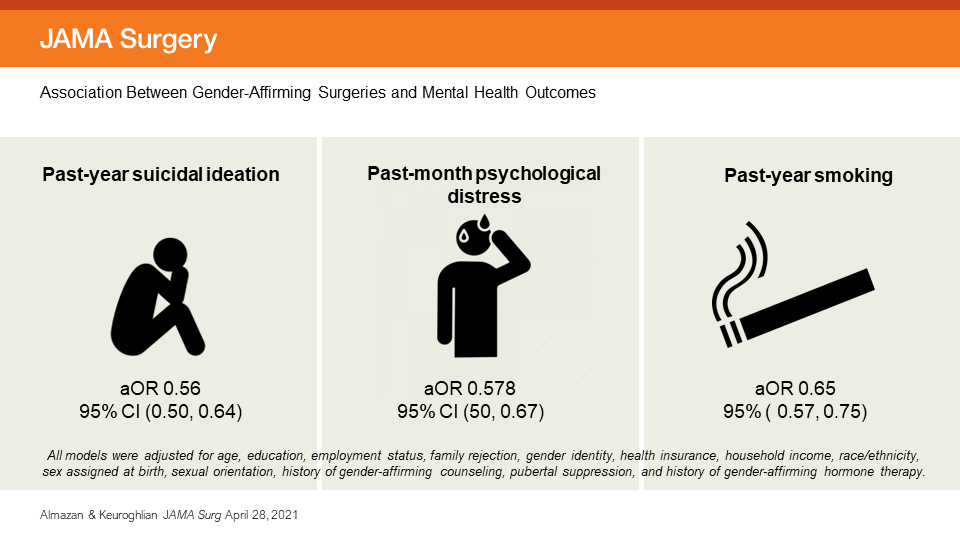- Joined
- Jun 7, 2010
- Messages
- 3,284
- Reaction score
- 10,686
When I was writing my posts above about wishing we had clinical trials, I was pondering what kind of endpoints you would want to power for. Suicide, attempts, inpatient psych stays, PROs, etc. It wouldn’t be easy and obviously much smarter people than me would be making those decisions.We can do things like suicide risk evals but in reality we cant actually predict suicide. We can provide clearance letters but what are we saying in these letters? If gender is fluid and at one point someone identifies one that deviates from how they were born, it stands to reason they could learn more about themselves as they age and question who they are, perhaps identifying in another way. There are many people who are confused about their gender in general. There is all kinds of research out there, sure, but lets put it into a purely logical perspective. Its fine if someone wants this surgery but after informed consent they should be the ones responsible for any positive or negative consequence, which is why this may be better suited to do as an adult, where someone can accept legality. Also people make fairly impulsive choices at that age anyways. The world's smartest 15 year old is still emotionally stupid. Physicians shouldn't be scapegoats when a patient desires to change their mind on a whim.
But the thought exercise does tease at the underlying question of how we define success in these operations and how we characterize harms. Is this really a suicide prevention intervention? Is it a quality of life preserving intervention? Is it a mental health intervention?
Another fundamental issue then arises: if a medical or surgical intervention does not provide a benefit, then the only thing it can do is cause harm.
I would go a step further and argue that the proponents of any intervention bear the burden of proof to demonstrate that their intervention actually provides benefits and does so without undue harm. For transgender treatments in youth we haven’t even had a single decent trial that I can find to demonstrate any evidence that we are providing any benefit whatsoever. It’s quite possible we are helping some people, but we need to be careful and study this appropriately just like we do with any other intervention. I really think our euro friends have the right idea by confining these practice - for now - within the context of clinical trials.





